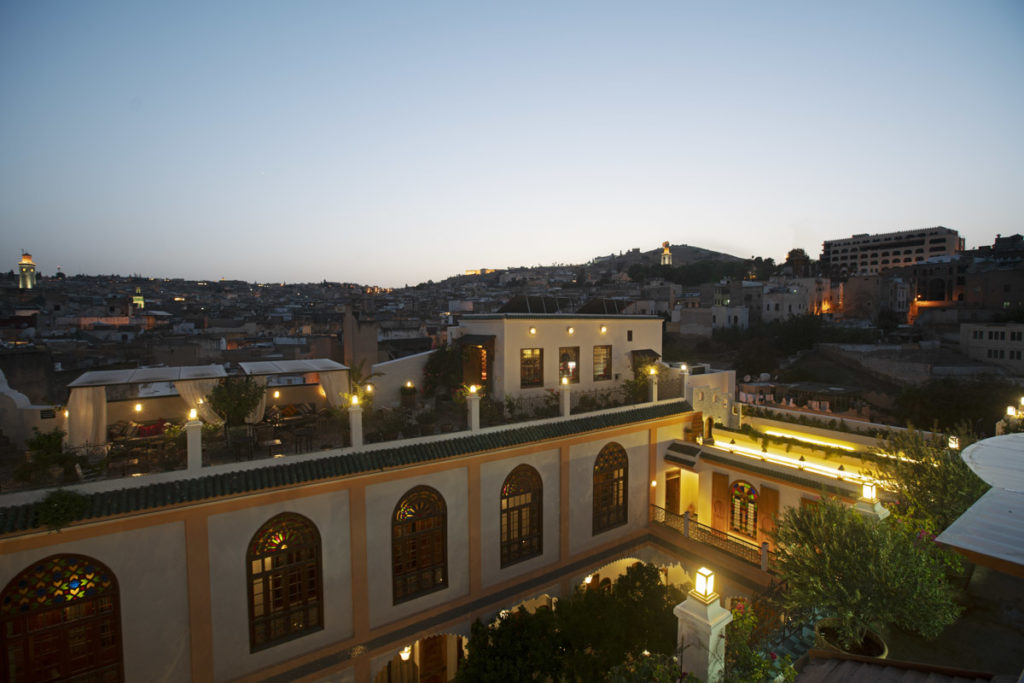There are a number of religious and cultural traditions associated with Ramadan in Morocco from the sounding of the horn to warn worshippers that dawn approaches to buying new clothes for prayer time. The holy month of Ramadan has its own rituals and flavour in the Kingdom of Morocco, as its atmosphere comes full of joy, and distinctive religious rituals.
During the entire month of Ramadan, people give to charities for the poor and share all what they have with those who are in need. A free Ftoor (the breaking of the fast) is served by volunteers and taken to every mosque across the country. Homeless people will find a shelter and fresh food to break the fast.

Eid Al Fitr Rituals:
Eid is celebrated at the end of the Ramadan; “Feast of Fast-Breaking,”. During this holiday the children wear new clothes, women dress in white, special pastries are baked, gifts are exchanged, the graves of relatives are visited, and people gather for family meals and to pray in mosques.
To ensure that even the poor have the means to enjoy the holiday, all heads of household are obliged to donate food to the needy on behalf of each family member. The food usually takes the form of necessities and staples such as wheat or flour. This charity is called Zakat Al Fitr or Sadaqa Al-Fitr and becomes due on the day of Eid Al-Fitr.
Zakkat: One of the five pillars of Islam Religion
Zakat al-Fitr is the name given to charitable donations that must be made before families can celebrate Eid al-Fitr. Although it is due on the day of Eid, most families fulfil their charitable obligations a few days before the holiday. Payments must be made before the first morning prayer, salat al-fajr, on the day of Eid. The responsibility for giving the donations falls on the head of a family.
As a general rule, the equivalent of one bag of wheat should be given on behalf of each member of a family. The idea is that even the poorest of people have the means to be able to enjoy the religious celebrations. Zakkat or almsgiving as an Islamic Pillar is also believed to purify the heart of greed, while receiving charity purifies it of envy. Also, another purpose of this noble pillar is that everyone, regardless of their wealth, can enjoy the festival of Eid.


